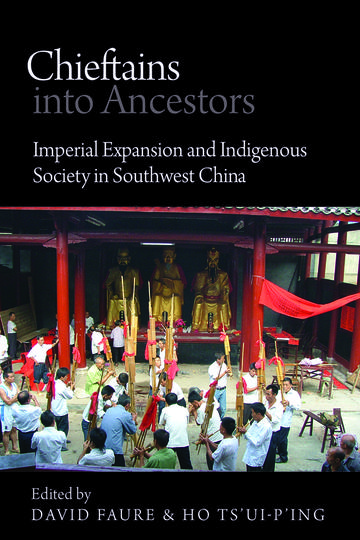About BC Books Online
BC Books Online was created for anyone interested in BC-published books, and with librarians especially in mind. We'd like to make it easy for library staff to learn about books from BC publishers - both new releases and backlist titles - so you can inform your patrons and keep your collections up to date.
Our site features print books and ebooks - both new releases and backlist titles - all of which are available to order through regular trade channels. Browse our subject categories to find books of interest or create and export lists by category to cross-reference with your library's current collection.
A quick tip: When reviewing the "Browse by Category" listings, please note that these are based on standardized BISAC Subject Codes supplied by the books' publishers. You will find additional selections, grouped by theme or region, in our "BC Reading Lists."
Official Chinese history has always been written from a centrist viewpoint. Chieftains into Ancestors describes the intersection of imperial administration and chieftain-dominated local culture in the culturally diverse southwestern region of China. Contemplating the rhetorical question of how one can begin to rewrite the story of a conquered people whose past was never transcribed in the first place, the authors combine anthropological fieldwork with historical textual analysis to build a new regional history – one that recognizes the ethnic, religious, and gendered transformations that took place in China’s nation-building process.
David Faure is Wei Lun Professor of History at the Chinese University of Hong Kong. His books include Emperor and Ancestor: State and Lineage in South China. Ho Ts'ui-p'ing is an associate research fellow at the Institute of Ethnology at Academia Sinica and an adjunct associate professor in the Institute of Anthropology at National Tsing Hua University. She is the co-editor of State, Market and Ethnic Groups Contextualized.
Contributors: Lian Ruizhi, Huang Shu-li, James Wilkerson, He Xi, Xie Xiaohui, Kao Ya-ning, and Zhang Yingqiang.



